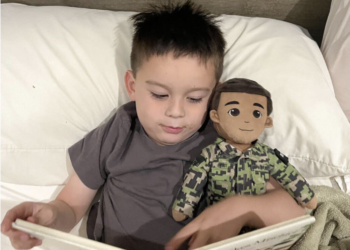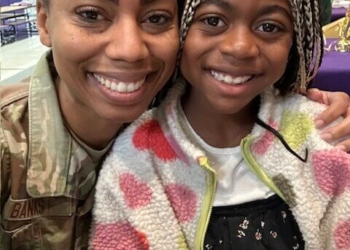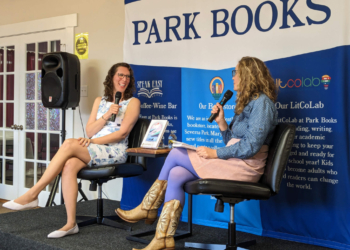One of my family’s favorite aspects of Army life has been travelling and experiencing diverse cultures around the world. Along the way, I’ve shown my family how the past impacts the present.
We’ve moved over a dozen times. So like many military parents, I have worried about the impact on our kids. But I’ve also tried to hunt for the good and focus on the unique opportunities we’ve had, even at places like Ft. Bragg. Despite its high optempo, we enjoyed living close to the Atlantic coast, especially Charleston S.C., whose heritage left quite an impression on us.
Charming coastal city
A few years ago, we rented a cabin bordering the beaches of the city. The first day I remember walking through marshland. Hermit crabs scurried over my feet and clasped at the air with their pincers. Harmless and cute, I had thought, picking one up. Our three boys were straggling nearby, so I dared them to hold one.
They took off running to the beach where their dad was. By the time I caught up, they had gotten wet and rolled in the sand, doing a “sugar cookie.” I kept my distance, sat on the shell-strewn shore, and watched them play the rest of the morning.
That afternoon, we strolled on cobblestone roads, passing buildings painted in pastels. Pedals fell from trees like a warm snowfall making us feel like we stepped back in time to an enchanted era.
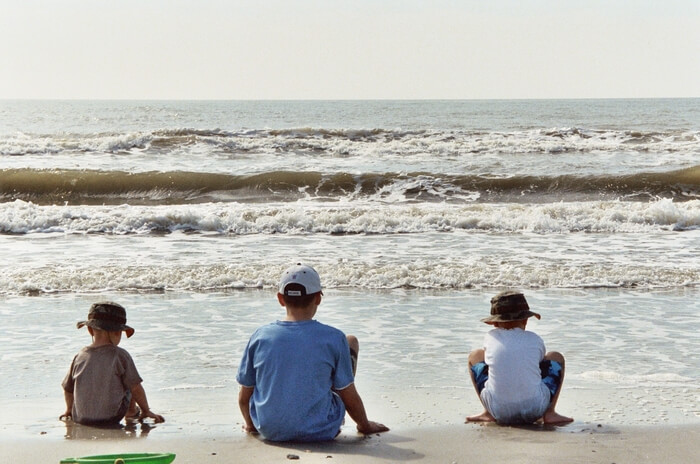
Remnants of a disturbing past
After several blocks I noticed a brick building with the words, “Old Slave Mart Museum,” on the façade. Sunlight coming through trees made it look like spider webs covered the windows.
The boys were quiet, so I explained the history of the building to them. Centuries ago, Charleston was the epicenter for the transatlantic slave trade. Thousands of Africans came through the city’s port, forced to work the sugar and tobacco plantations of the south. The government banned public slave auctions in 1856. Consequently, plantation owners built the structure standing in front of us for auctioning African men, women, and children in private.
No one said anything as we continued down the lopsided road towards the waterfront.
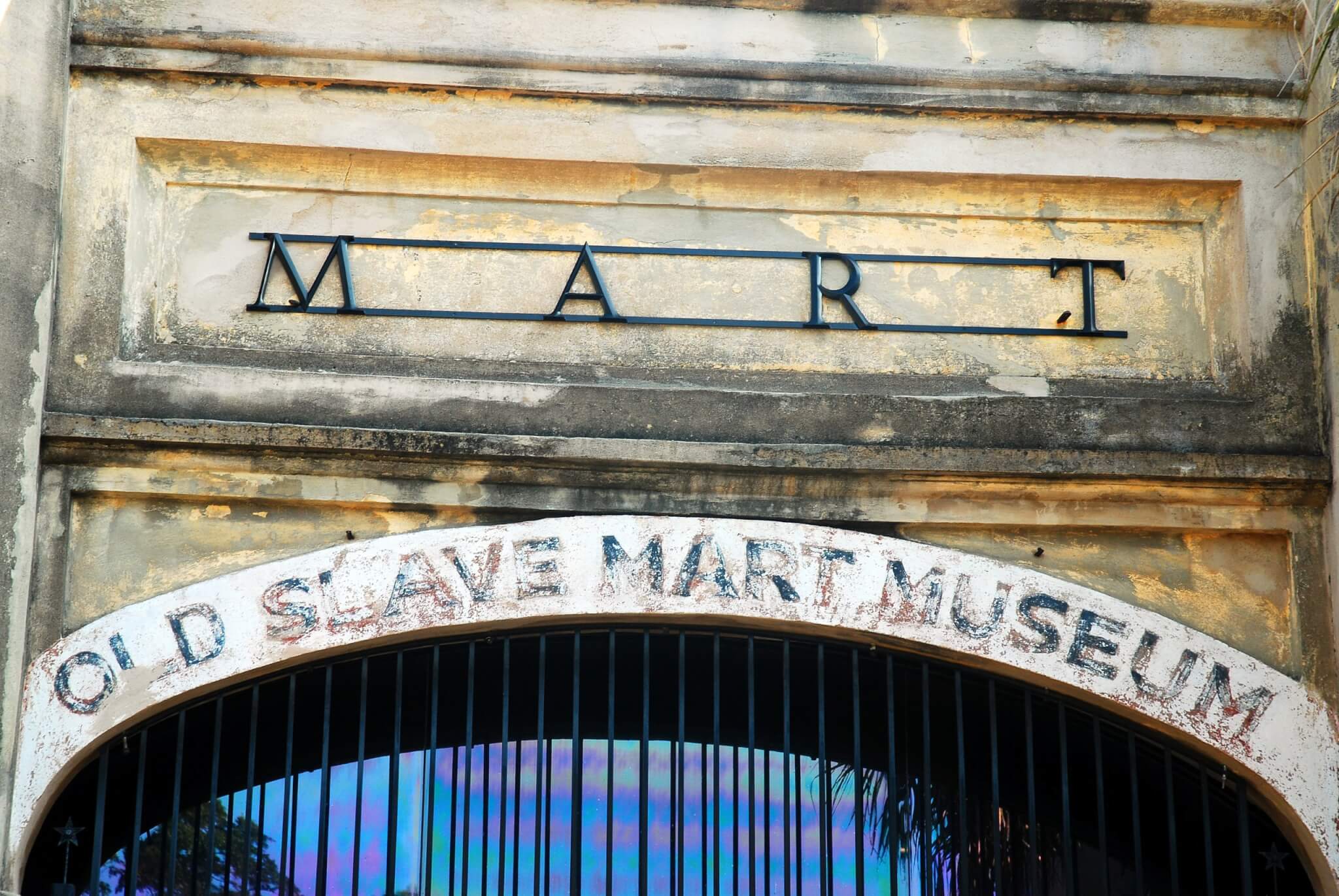
The past is still present
At the wharf, the kids explored the Civil War battery, climbing the old cannons before we circled back to the marketplace. Once known as the slaves’ market, the city permitted slaves to use the location to sell their crafts and produce.
Puzzled by the town’s past, I stopped at a tent to watch women weaving sweet grass. They held straw from one end with their teeth while their gnarled hands plaited the yellow strands into baskets. They smiled while talking. I couldn’t understand but recognized they were speaking Gullah; a mix of languages derived from West Africa.
Someone touched my elbow and I turned to see my husband mouth, “hungry boys.” So, we shopped for rolls at a bakery and then stopped at a fishmonger. I tried not to think of the critters running through the bogs that morning and bought enough crab for five sandwiches.
Culture is complex
That evening, we sat on the cabin porch and watched the sun streak through the wetlands filled with sweet grass. My thoughts turned to the women speaking Gullah, weaving in the tradition of their ancestors.
The city painted in pastels and blossoms had revealed a tragic history. But when thinking of other places visited, similar dynamics existed. Human travesties exist in all cultures, even if less obvious. Charleston was just a vivid example.
Related: Military travel discounts
Learning through travel
One thing I’ve learned living in so many locations is exposure to diverse cultures helps us understand how past events affect our current situations. However, remembering what my mom, who is also a long-time teacher once told me, “We don’t have to visit exotic places to experience culture. We only need to get out of our comfort zones, visiting nearby communities. The act of getting out of our bubble is instrumental in educating ourselves and future generations.”
And as a result— like seeing the slave mart and climbing the heavy artillery, I know my own kids better appreciate the significance of people like their dad who are willing to fight and die to stop atrocities. Because knowing history, there will always be a need. And as both an Army wife and a parent, my hope is we do not take our freedoms and the cherished aspects of our cultures for granted, as well as those who defend them.
Read comments
















